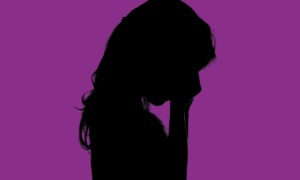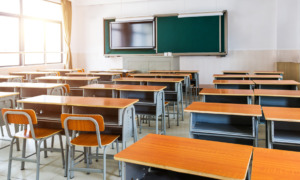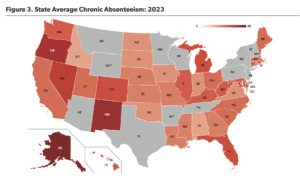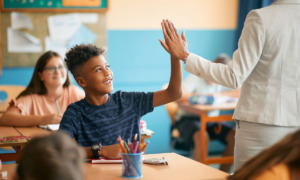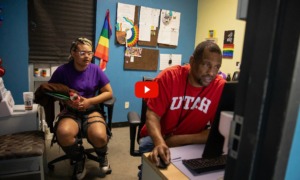 VGSTOCKSTUDIO/SHUTTERSTOCK
VGSTOCKSTUDIO/SHUTTERSTOCK
While COVID-19 has consumed almost every part of the lives of most Americans for more than two months, the uncertainties, anxieties and stressors are heightened for those who are forced to quarantine in unsafe environments or are trapped in homes with their abusers. Mentally, physically, economically and socially, we are all coping with the devastation that COVID-19 has created, but for survivors like me, this moment is especially poignant.
I feel compelled to tell the story of how I found my voice, even though it’s hard for me, for those who are still silenced and feel alone in their trauma. For me, school was the place I found refuge. With students now stuck at home, a place that is not always safe, I fear for the young people whose protection must be prioritized.
From ages 5 to 10 I was sexually abused in my own home and could not muster the words or find the confidence to express to anyone what was happening to me. Data shows that nearly 80% of sexual assaults go unreported and my experience was no different. In an attempt to cope with this trauma, I turned to smoking and alcohol and truly began to give up — I stopped caring about myself, my grades were failing and I had no ambition for the future.
During my freshman year of high school at the Los Angeles School for Global Studies, I met Nicole Solig, a teacher who would become my mentor. After getting kicked out of class for being disruptive, another destructive coping method I turned to, Ms. Solig reached out to me, not to reprimand me, but to talk and get to know me. Over the next few weeks, she kept talking to me, and little by little, I started talking back. It wasn’t long before I was in her Facing History and Ourselves class.
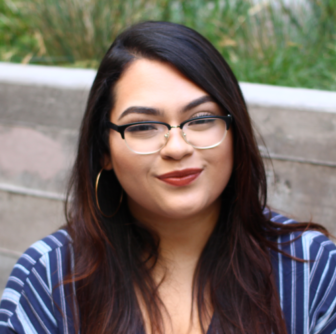
Ana Rodriguez
I remember learning about the Holocaust and reading “The Girl In the Red Coat,” a story about a Holocaust survivor’s own journey into the trauma of her childhood. I was immediately drawn to it. It made me really think about the choices that make us victims, perpetrators or survivors, and the “universe of obligation” we have to each other.
This was the first time I understood that school could be a place to immerse myself in something meaningful to my own life. It was the first time I understood that I could change my own life.
Although I did not report my abuse, I began to find solace and safety in school and getting involved in my community. I became focused on doing better in school, studying and getting good grades and for the first time, I understood that I could be my own hero.
Crisis intervention as intern
Today at only age 20, I see my life coming full circle. Studying at the University of California, Berkeley I have also applied what I have learned to advocate for other people who have experienced some of the trauma I have. I use bystander intervention, the conscious choice of intervening in a potentially harmful situation instead of standing idly by, to aid in stopping sexual violence on my college campus and in the San Francisco Bay Area.
As an intern at the Alameda County District Attorney’s office, where I am a navigator and youth development intern for the Family Justice Center, I do crisis intervention and am one of the first people survivors come into contact with. It is my goal to improve the services that survivors currently receive and to use education to stop the cycle of abuse from perpetuating, and someday, before it begins at all.
Like many people, the work I do has had to change during the pandemic. While I understand stay-at-home orders to reduce disease transmission, there are real concerns that COVID-19 will increase the number of people experiencing violence and abuse as a result of quarantine. We know that social isolation, control and intimidation are all common tactics used by abusers and are heightened during the pandemic. The United Nations Population Fund estimates that for every three months the lockdown continues, 15 million additional cases of gender-based violence are expected.
I look forward to getting back to work and doing my part to fix this broken system. What I can offer today, from a “social distance,” is hope. I want to show the younger generation that they do have a voice, that they do have choices and that there is a light at the end of the tunnel. I want to show them that there is a difference between standing by and standing up. I want to show them that a survivor can look like them. That a survivor looks like me.
Ana Rodriguez is a Latina college student and proud Facing History alumna. She currently calls the Westlake part of Los Angeles home.


